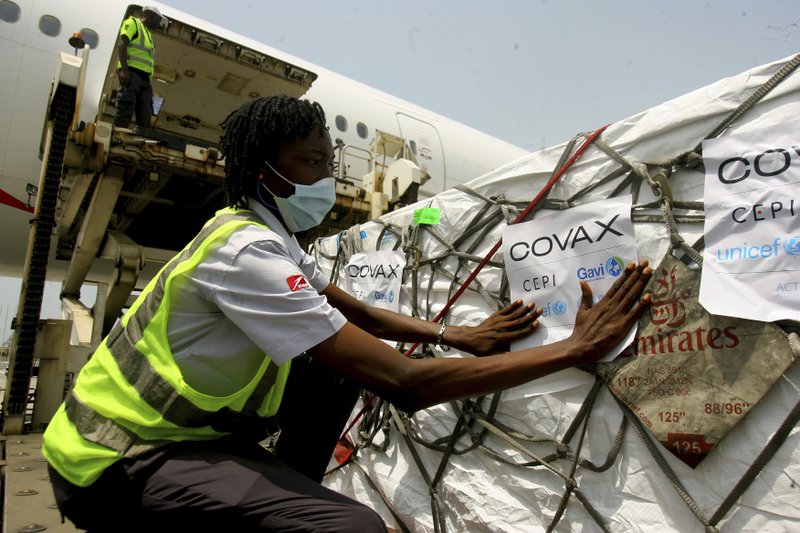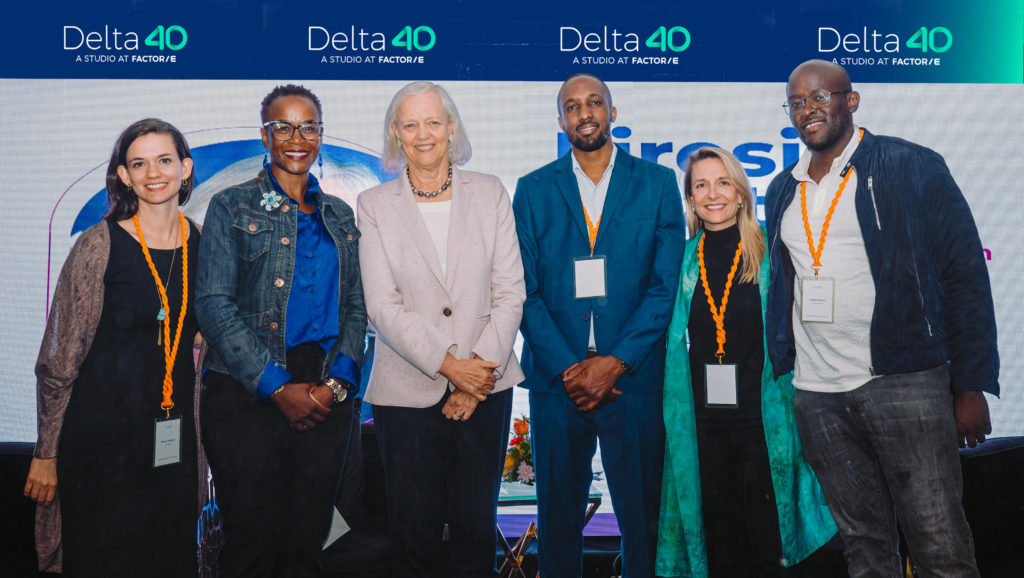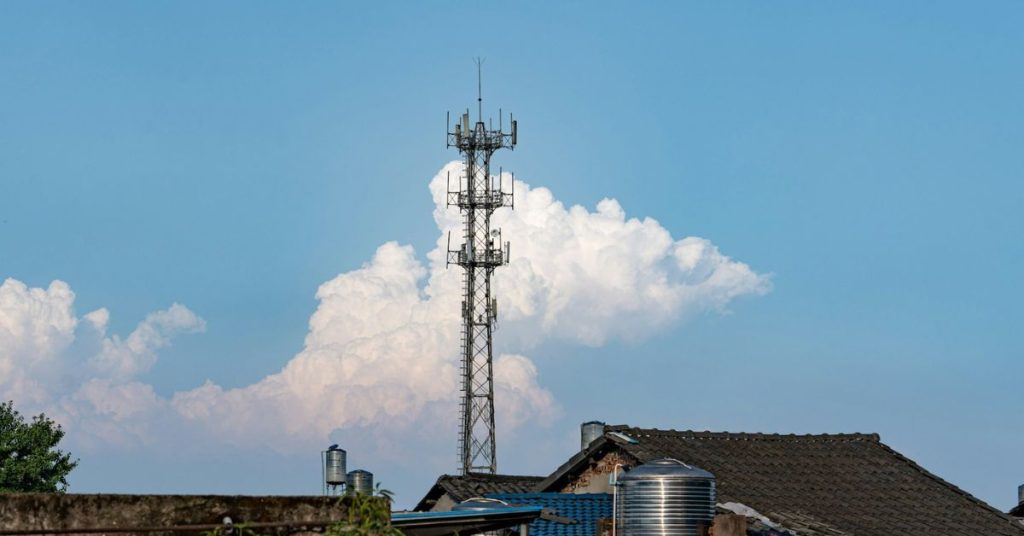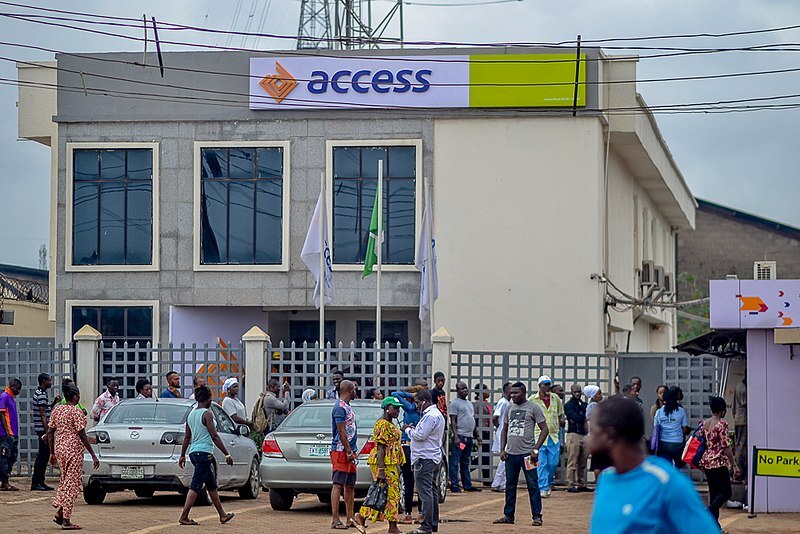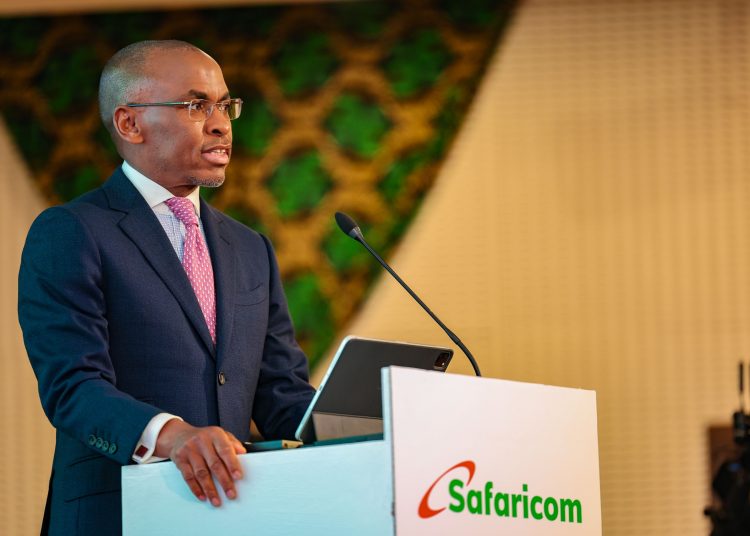When Nigeria’s 2021 budget projection was made and planning for the COVID vaccine was missing, it was unsettling for many of its citizens.
A group of prominent Nigerians came together under an umbrella they called Coalition Against COVID (CA-COVID).
With members like Jim Ovia, Aliko Dangote, Tony Elumelu, amongst others, the coalition promised in January to put out nearly $100 million to buy some portion of the COVAX AstraZeneca vaccine allocated to Nigeria. This came after they contributed over ₦30 billion to the fight against the coronavirus.
That intervention plan for CA-COVID to purchase vaccines for Nigerians now seems to be shelved, as the Finance Minister, Zainab Ahmed said the federal government will now draw up a supplementary budget in March to cover for COVID-19 vaccinations.
Nigeria is expected to receive almost 4 million doses of the COVID-19 vaccine today, a fraction of the 16 million doses to be delivered in batches over the next months by the COVAX facility. The COVAX facility manages vaccine storage and financing for poor and middle-income countries co-led by Gavi, The Vaccine Alliance, UNICEF, and the World Health Organisation.
In the politics of global health, wealthy countries get priority shares of vaccines, these are the countries that readily have the money to pay the innovating pharmaceutical company the worth of their investment.
Poorer countries, often developing or under-developed countries get allocations fixed with their regional authorities to be released to them when an agreed sum is paid. 42 million doses of the COVAX AstraZeneca vaccine have been allocated to Nigeria by the African Union, the regional body tasked with rationing 670 million doses to its member states.
The vaccine delivery expected Tuesday is the first tranche of a possible nine and places the country as the third African country to receive delivery of vaccines, behind Ghana and Ivory Coast.
Nigeria, a country of about 200 million people, plans to vaccinate 70% of its people. This estimated population should be enough to achieve herd immunity in the country.
40% will be vaccinated in 2021, and another 30% in the coming year. Nigeria, in the planning, expects about 25% of the vaccines to be donations.
The Nigerian Primary Health Care Development Agency (NPHCDA) maintains that the priority population for the first tranche of the vaccine will be people in these categories: healthcare workers, frontline workers, police, customs, military, oil and gas workers, and strategic leaders.
Yesterday, via its Twitter handle, NPHCDA released an Electronic Management of Immunisation Data (EMID) link for people interested in getting the COVID vaccine to be captured and scheduled for vaccination.
At this point, Nigeria looks to be in a better place with regards to COVID vaccinations than it was a few months ago when no planning was made and only rumours of inoculating with the locally made variant endured.
Although a supplementary budget this early into the year begs many questions about the country’s finance, it’s probably something to be dealt with later.









